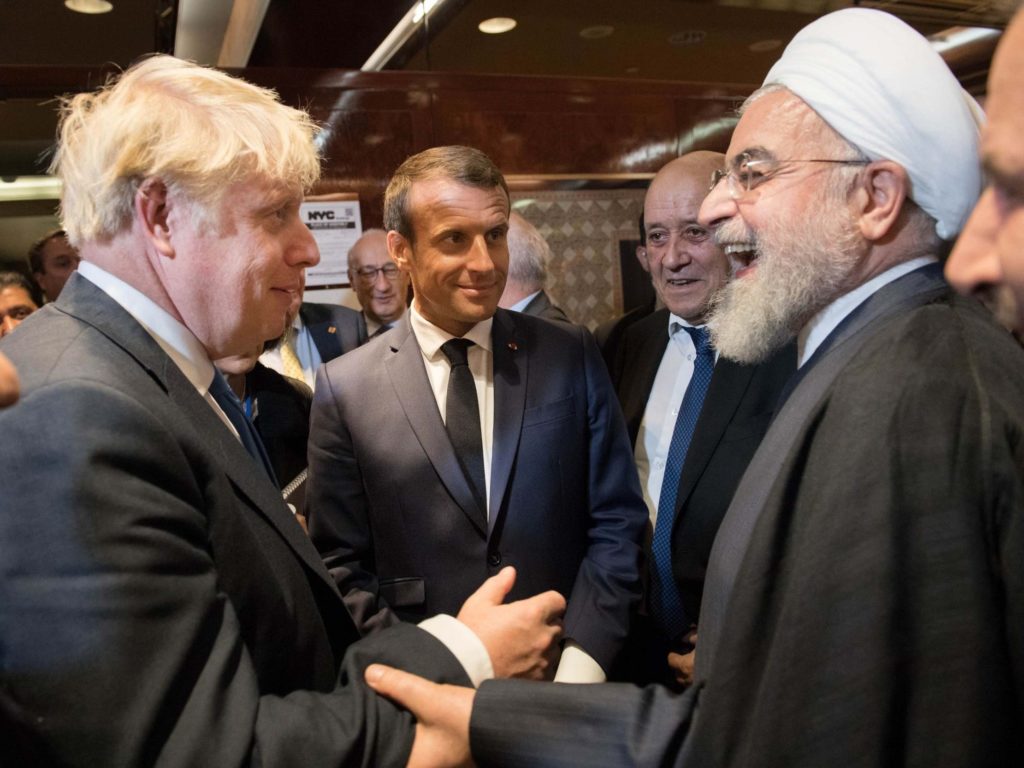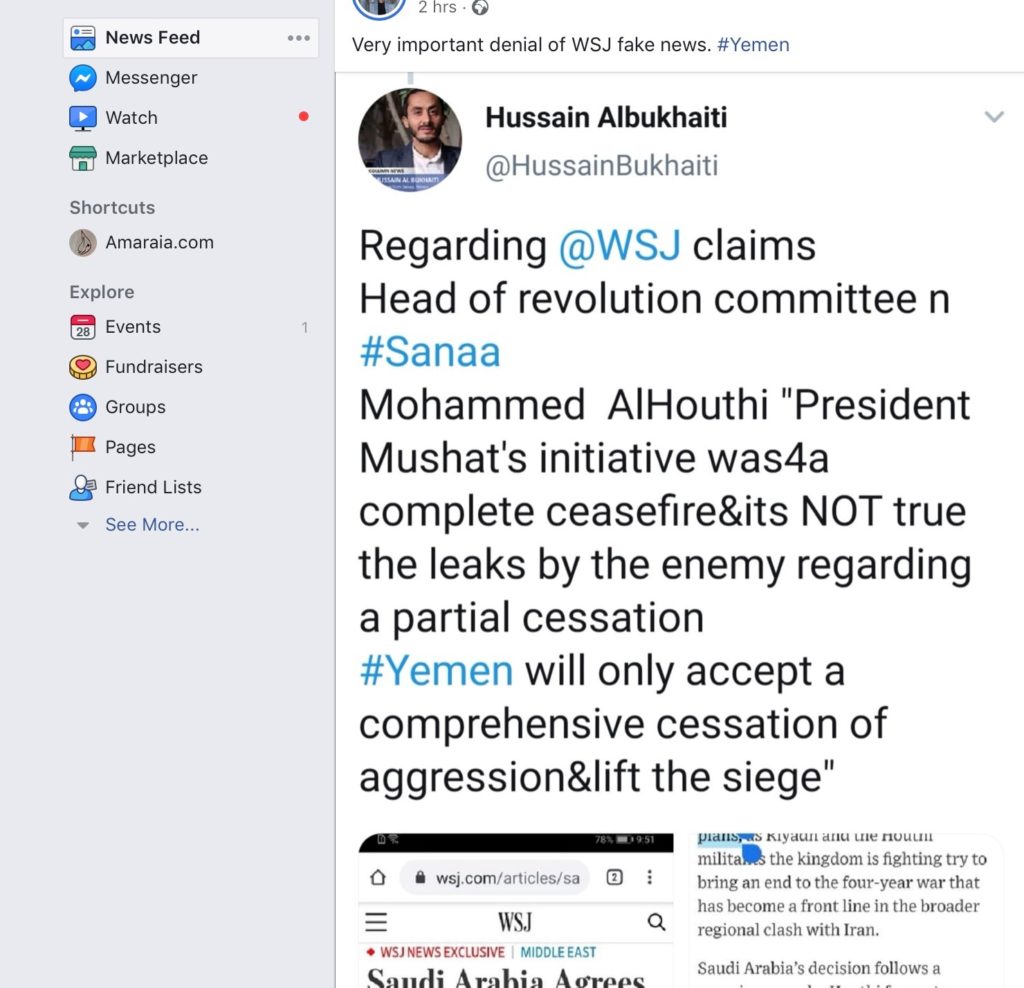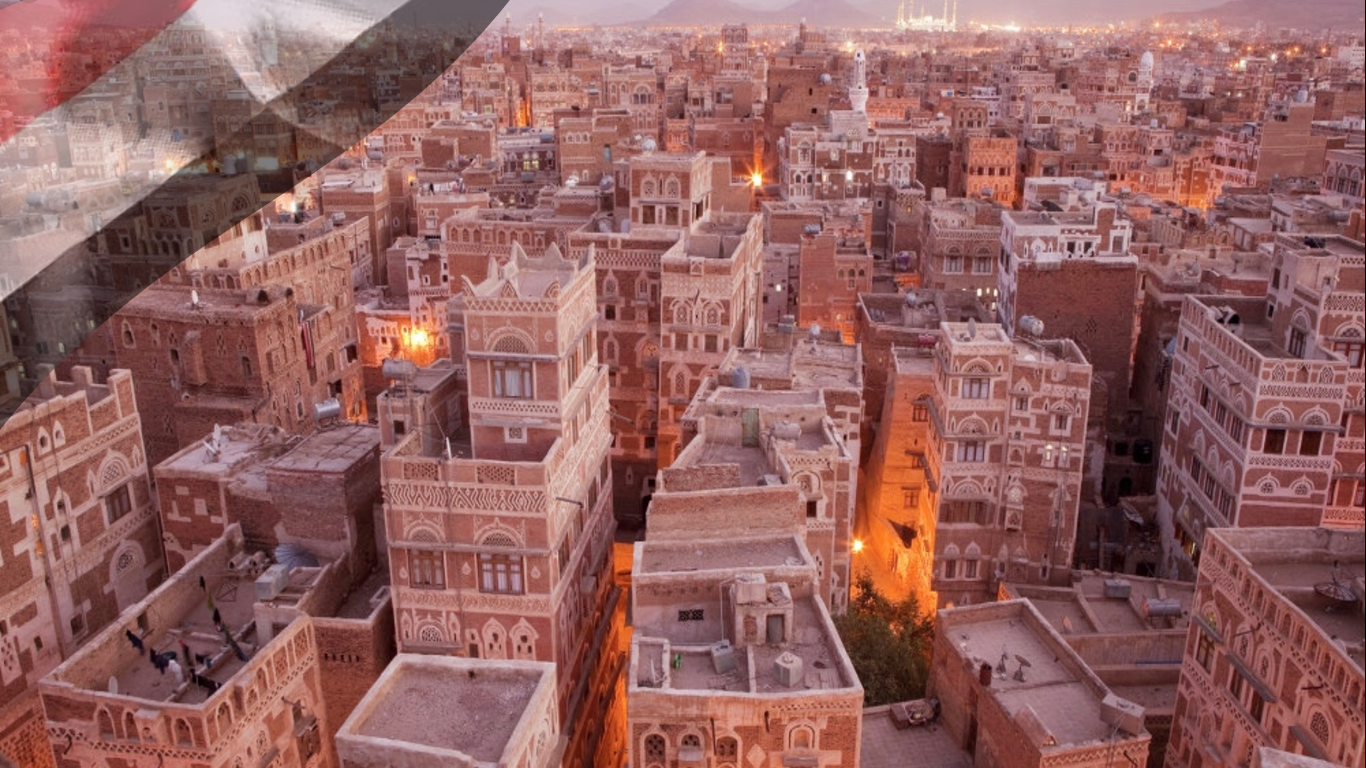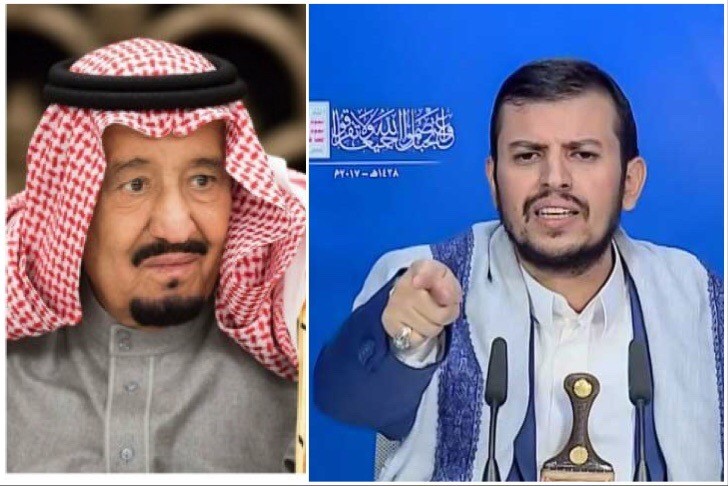And now the continuation from last week.
Should Iran tremble?

The international reaction seem to take it for granted that Iran crossed the line and it is accountable for the Aramco hit. That is what the Germans and the French, and later or the French with the British communicated. Which would suggest that in one way or another we are heading towards war and even the Europeans, who were so far upset with the American stance on the JCPOA and tried to save the nuclear deal are willing to back up the American campaign. After the new round of American sanctions that would suggest renewed tension, and might even a military option is back on the table. That is the message the Americans wanted to deliver with sending a new contingent of their troops to assist the Saudis.
Yet it is more curious to whom this message is intended. After President Rōḥāni addressed the General Assembly in the U.N. he casually met French President Macron and British PM Johnson in the hallway – hardly a coincidental meeting -, where Macron once again expressed willingness for negotiations, and tried to convince him to meet with Trump. Rōḥāni even met separately with Johnson and Merkel on official capacity, and tension was not showing in any of these occasions. That is hardly a situation, where Europeans are trying to corner Iran.
Even Trump himself in the first press conference with the Saudi envoy hinted they know who did this attack, but he refrained to name Iran specifically and promised to present certain proof soon. Yet after more than a week we see nothing of this, which is strange compared to the tone of certainty in the press. Several other things are noticeable as well. He also stated that: “There was an attack on Saudi Arabia and there wasn’t any attack on us. But we would certainly help them, they have been a great ally.” To a question he also said: “I think it is certainly a responsibility of them to do a big deal of their defense. The fact is that the Saudis are going to have a lot of involvement in this, if we decide to do something. They will be very much involved and that includes payment. And they understand that fully.”
Yes, it is true that Trump ordered a new round of sanctions targeting the Iranian Central Bank and he sent new troops into Saudi Arabia. Yet these sanctions are not really hitting Iran anymore, and Tehran already secured trade with Turkey, India and Russia, meaning the situation might be very harmful, but it is sustainable for Iran. The number of American troops sent is more symbolic than a real threat, which can definitely do much to enhance Saudi defenses, but it is also noticeable not a sing for a major military action. That is where Trump’s statements are significant. Why was it so important for him to point out that the attack was not like the Americans were hit, and to talk about further Saudi payments? These signs put together the indications are much rather a track with further pressure on Iran, a grand support for Saudi Arabia, but in fact just further pressure on Riyadh to buy more weapons for its protections. Many has even more harsh reading on this, as just another “milking operation”.
Iran knows that perfectly. Tehran is fully aware that the saving of the trade channels with Europe is a common interest, yet at the same time the EU can do little on its on to keep the JCPOA alive. Therefore it Iranian strategic considerations in the region are much bigger, whether they hit the installations or just helped the Yemenis, than to connect it with European deliberations. They know that at the end the Europeans are much more dependent on oil, than the Americans, and also much more willing to talk. Tehran also knows that Trump is having elections very soon, in which his victory is far from certain. So he will not risk a major military operation. Yes, he could put up something symbolic as he hinted, like a major strike on Iran, but they made it clear that the result would be a regional war hitting back on Saudi Arabia. Trump cannot risk that, since with this in any moment he can fall into a war. That is the least Trump wants, but “milking” Saudi in the process will come handy in the campaign.
Another B is about to fall?
That is the real dilemma for Saudi, and very specifically for Muḥammad ibn Salmān. Shortly put, the original idea of marching into Yemen, fetching up a puppet government and cutting all Iranian ties here, might even carving up territories has failed. That is clear. Yemen by now is only draining its assets, and became a major security threat. So this folder has to be closed, the sooner the better, because the Emirates are packing up and the Americans are not willing to lend any further support. Whatever the Saudi led Coalition managed to achieve in the south has already vaporized in ‘Adan, as even the symbolic presence of the supported Yemeni government fell apart in a new coup and infighting, leaving the al-Ḥūtīs the most potent form of government in the county. The Saudis cannot protect themselves from the drone attacks, which is hitting ever more significant targets.
The significance of the hit on Aramco in not only that their economy is hit, but that those Western assets are hit, which are vital for their Western supporters. Meaning if it continues to go like this they will put Riyadh under pressure to stabilize the situation, even if that means sacrificing their Yemeni or Gulf interest. And in the meantime the Americans will push them to buy even more hardware, even from Israel. Hardware that just proved itself to be ineffective. Therefore, this will not mean that these partners will solve the pending issue with Iran. And realistically that is even better for Riyadh now, since if indeed a war came to happen that would be disastrous for the Saudis. Yet their biggest fear in the moment is that they will be pushed against the wall and into a confrontation with Iran, like it happens with Iraq in the ‘80s. They went into Yemen, a much easier quest, with all the GCC and several major powers behind their backs, like Egypt, Sudan or Pakistan. Since that that all fell apart, they became left alone in Yemen, and if they have to face Iran they might have to face them alone. Either way, the real trouble now for Saudi Arabia is that they either get milked very harshly, or pushed into a devastating war.
Of course they still could decide to buy the Russian S-400 system, just like Putin offered to them shortly after the incident. But seeing how Washington behaved with Turkey, a much more capable NATO ally, than Saudi Arabia, for the same thing, it is easy to see that the very Saudi leadership that would decide to ditch the Patriot for the S-400 would never live long enough to see it delivered. Surely Putin knows that, but it is both part of the plan to lure ever more Middle Eastern states out of the American realm, both a favor for Iran to, to serve their strategy.
The more simple solution would be to stop the war, but that would require realignment, some sort of face saving political change. Someone will have to take to the blame for the blunter in Yemen, the reason why they are having these drone attacks and for the new extortions from the Americans. And if indeed the Yemenis are having support from elements of the royal family, this issue has to be solved as well. All these issues would go back to the same person, Muḥammad ibn Salmān, who was the driving force behind all these ventures. That would be an ideal solution for Riyadh, removing him, putting all the blame on him and starting a new chapter with a peace deal in Yemen. How urgent is this? Very much so since the Yemenis keep on crushing the Saudi mercenaries, not really caring about the threats. On the other hand, the American press is already writing about a ceasefire in the Saudi’s name, for which they have been calling for quite some time, thought they themselves supported this war all along. But with this last ceasefire story, it was the Yemenis themselves, the brother of the mentioned Muḥammad al-Buhaytī from the Anṣār Allah categorically denied any truth of it. Meaning? Meaning that the Americans decide for Riyadh when to fight and when to make peace, while milking them.

Probably not a coincidence that the Crown Prince in a new interview accepted some of the blame for the al-Hāšuqğī case, and hinting a new beginning.


